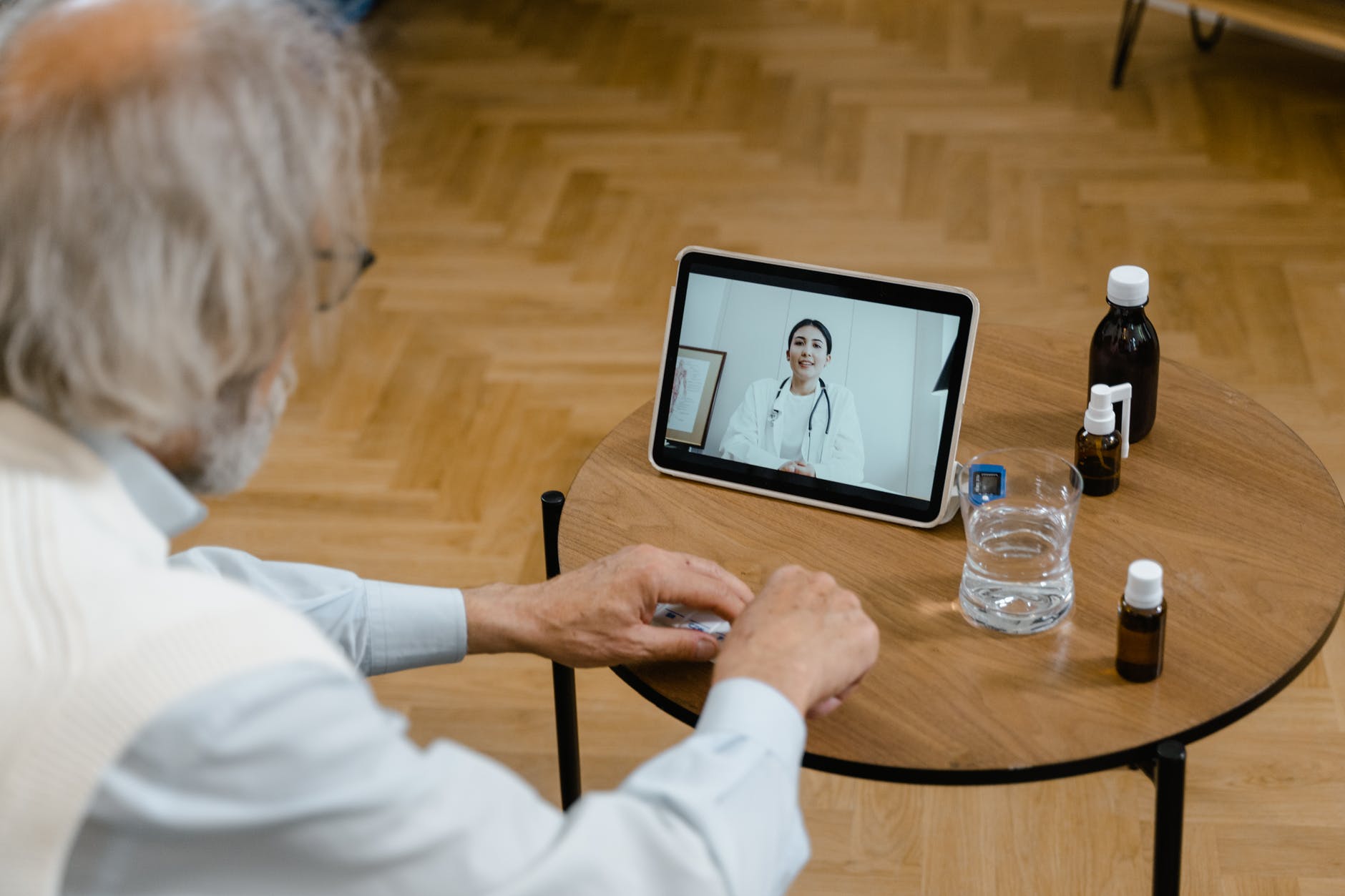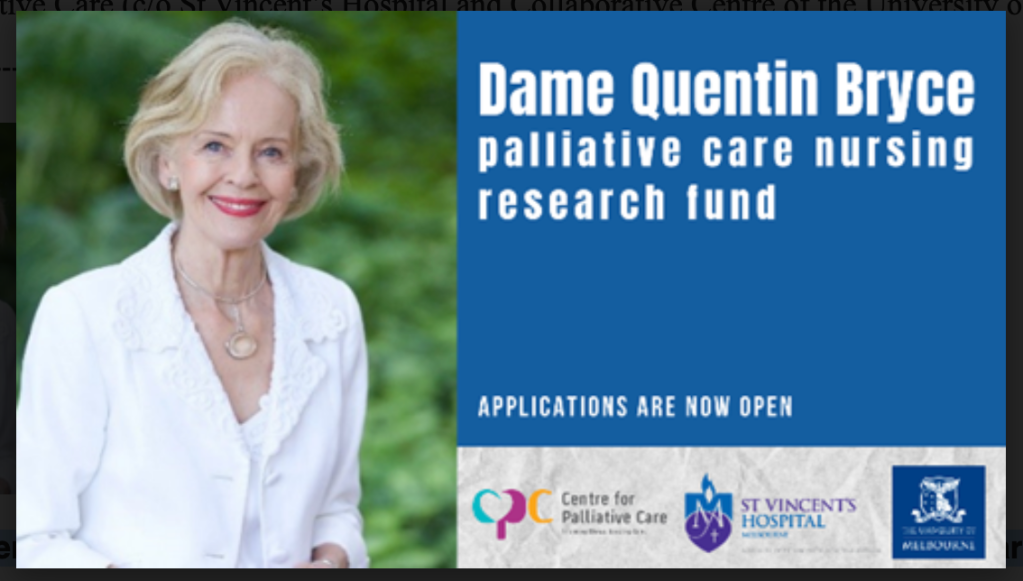
The Rural and Remote Institute of Palliative Medicine (RRIPM) has released a draft of the proceedings of their Round Table Workshop held last month in Canberra. Participants included consumers and community advocates, clinicians and managers, college and peak body leaders, as well as state and federal government representatives.
Recommendations from the workshop will guide implementation of the next phase of the RRIPM project:
- Maintain independence, with clearly defined roles and expectations when working in partnership across participating organisations
- Advocate for the establishment of a tri-partite group [RACP, RACGP and ACRRM] to strengthen training alignment
- Launch a trial network across training ready locations
- Consider proposed actions relating to education and training, leadership and governance, capacity building and relationships for implementation in Year 1 to Year 3
- Seek guidance from the Office of the National Rural Health Commissioner, and other jurisdictional representatives to identify future funding sources
To receive regular updates on project progress please register your interest with the project team via email rripmproject@anzspm.org.au









